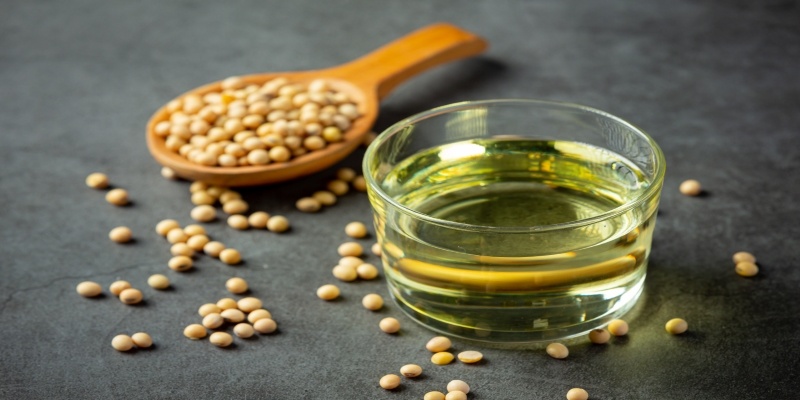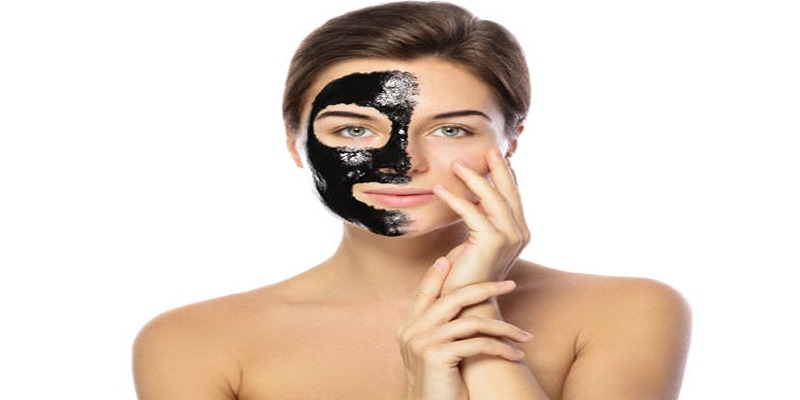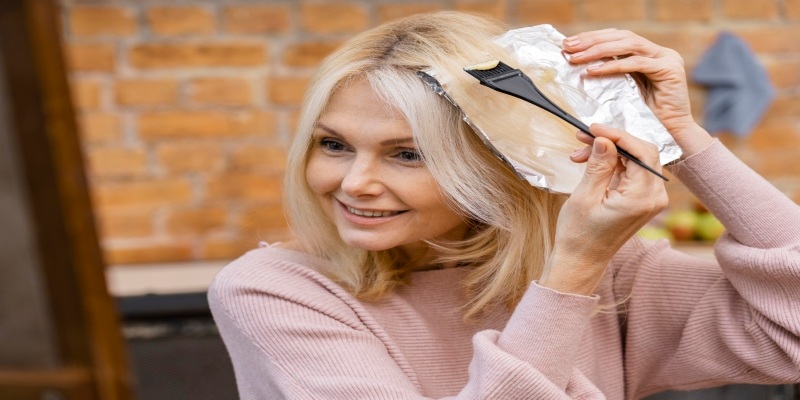Milk has long been touted as a beneficial dietary staple, but its effects on hair health have garnered varying opinions. Some proponents argue that milk, rich in essential nutrients like proteins, vitamins, and minerals, can contribute to stronger, shinier hair. The presence of calcium and biotin, in particular, is believed to support hair growth and prevent hair loss. On the other hand, detractors point out that milk contains hormones and fats that may exacerbate certain scalp conditions, leading to issues such as dandruff or hair thinning. Understanding the scientific basis of these claims and considering individual physiological responses is crucial in determining whether milk is a friend or foe to your locks.
Benefits of Milk for Hair
Milk offers several potential benefits for hair health due to its rich nutrient profile. Let's explore these in more detail:
1. Nutrient-Rich Composition
Milk is packed with essential vitamins such as B12 and D, which are crucial for maintaining healthy hair. Vitamin B12 supports red blood cell production, ensuring that hair follicles receive adequate oxygen and nutrients. Meanwhile, Vitamin D aids in the creation of new hair follicles, which can lead to thicker hair. Additionally, the proteins found in milk, such as casein and whey, help fortify hair strands, making them less prone to breakage. Regularly incorporating milk or milk-based products into one's diet could therefore contribute to overall hair resilience and vitality.
2. Deep Conditioning Properties
The proteins and fats in milk serve as natural conditioners for hair, making it smoother and more manageable. Applying milk directly to the scalp and hair can help to moisturize dry strands, reduce frizz, and enhance natural shine. Milk proteins can penetrate the hair shaft, providing much-needed nourishment and repair to damaged areas. Regular milk treatments can also aid in detangling stubborn knots and preventing split ends. For those struggling with dry or brittle hair, using milk as a conditioning treatment could be a natural and effective solution to improve the overall texture and health of the hair.
3. Promotes Hair Growth
The biotin and calcium content in milk are key contributors to its hair growth-promoting qualities. Biotin, a B-vitamin, is essential for keratin production, which fortifies hair structure. Insufficient biotin levels can lead to hair thinning and hair loss. Calcium, on the other hand, is crucial for stimulating hormones that promote hair growth. Furthermore, the combination of these nutrients with milk's amino acids can help create a favorable environment for new hair to grow. Regular consumption of milk or applying milk-based hair treatments may result in more robust and faster-growing hair. Incorporating these treatments into your hair care routine can be particularly beneficial for individuals looking to improve hair density and length.
4. Soothes Scalp Irritations
Milk's natural enzymes and anti-inflammatory properties can help soothe scalp irritations and reduce dandruff. Applying milk to the scalp can calm redness, itching, and flakiness, offering relief for those with sensitive or problematic scalps. The lactic acid in milk gently exfoliates the scalp, removing dead skin cells and promoting a healthier scalp environment. This rejuvenation of the scalp not only alleviates discomfort but also promotes better hair growth. Incorporating milk into your scalp care routine, whether through direct application or milk-infused products, can be beneficial for maintaining a balanced and irritation-free scalp. A healthier scalp ultimately translates to healthier, more vibrant hair.
Potential Drawbacks
While milk offers numerous benefits, there are also potential drawbacks to consider.
1. Hormonal Content
One of the primary concerns about milk is its hormonal content. Commercially-produced milk often contains hormones that can impact scalp health. These hormones, such as bovine growth hormone (BGH) and synthetic estrogen, may exacerbate conditions like dandruff, leading to an itchy or flaky scalp. Furthermore, the hormone content in milk can potentially trigger hormonal imbalances in the body, which may affect hair growth and health. For individuals sensitive to such hormonal fluctuations, consuming large quantities of milk could lead to adverse effects on their hair and scalp. It's important to source milk from reliable providers and consider organic or hormone-free options to mitigate these risks.
2. Allergenic Reactions
Milk contains certain proteins like casein and whey, which can trigger allergic reactions in some individuals. Symptoms may range from mild scalp irritation to severe allergic responses, impacting overall hair health and comfort. Allergic reactions can lead to scalp inflammation, redness, and even hair loss in extreme cases. It's crucial for individuals with known allergies to milk or dairy products to exercise caution when using milk-based hair treatments. Patch testing on a small section of the scalp before applying milk more broadly can help prevent adverse effects. For those allergic to milk proteins, exploring alternative hair care ingredients such as plant-based milks might offer similar benefits without the associated risks.
3. High Fat Content
Milk's high fat content can be a double-edged sword. While fats are essential for moisturizing and conditioning hair, they can also lead to greasiness and scalp buildup if not properly rinsed out. Over time, this can clog hair follicles and inhibit hair growth. Individuals with oily scalp types may find that using milk exacerbates their condition, leading to greasy hair and potential scalp issues. It is crucial to ensure thorough rinsing when using milk treatments to avoid residue buildup. Fine-tuning the frequency and method of application can help strike a balance, providing the nourishing benefits of milk without the drawbacks of excess oiliness.
4. Contaminants in Commercial Milk
Commercially-produced milk can sometimes contain contaminants such as antibiotics, pesticides, and other chemicals that may negatively affect hair and scalp health. These substances can disrupt the delicate balance of the scalp's natural oils, leading to irritation, dryness, or excessive oil production. Long-term exposure to such contaminants may also affect overall hair quality and growth. To minimize these risks, it's advisable to choose organic or minimally processed milk products that are free from harmful additives. Additionally, thoroughly washing hair after milk treatments can help remove any potential residues. Being mindful of the source and quality of milk can ensure that you reap its benefits while avoiding any adverse effects on your hair and scalp.
Should You Use Milk for Hair Care?
Considering the numerous benefits and potential drawbacks of using milk for hair care, the decision ultimately depends on your individual hair needs and sensitivities. If you are looking for a natural and nutrient-rich treatment to enhance hair growth, improve texture, and soothe scalp irritations, integrating milk into your hair care routine could be highly beneficial. However, it is essential to be mindful of potential allergies, hormonal content, and contaminants that may affect your hair and scalp health.
For those with sensitive scalps or a history of allergic reactions to dairy products, conducting thorough research and patch tests is crucial before incorporating milk treatments. Opting for organic or hormone-free milk products can mitigate some of the risks associated with commercially-produced milk. Ultimately, a balanced approach focusing on quality, application methods, and individual hair needs will help you leverage the benefits of milk while minimizing any adverse effects.
Conclusion
Milk can be a versatile and beneficial addition to your hair care routine when used with caution. Its rich nutrient profile supports hair growth, improves texture, and soothes scalp irritations, making it advantageous for those seeking natural treatments. However, awareness of potential drawbacks, such as hormonal content, allergenic reactions, high fat, and contaminants, is crucial. Choosing high-quality, organic, and hormone-free milk can mitigate some of these concerns. Ultimately, whether or not to use milk for hair care should be based on individual hair needs, scalp sensitivity, and thorough testing. By balancing benefits with potential risks, you can optimize the positive effects of milk on your hair and scalp health.







